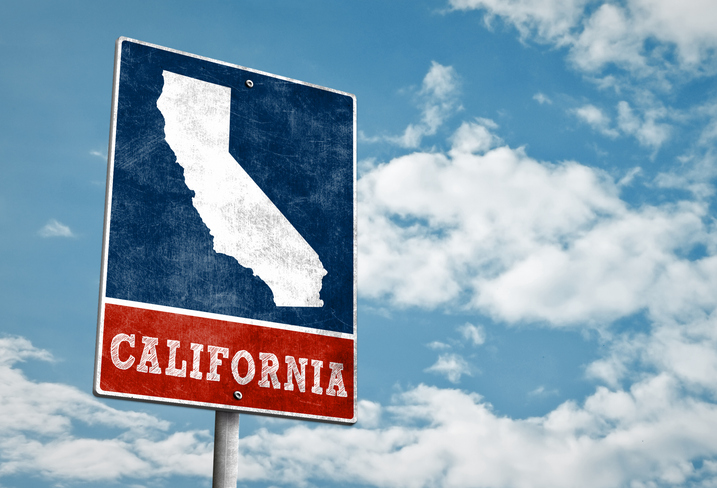California grants an automatic tax filing extension until October 15 for individual taxpayers, with no need to submit a formal extension request. However, this extension only applies to filing, not to payment. Taxpayers remain responsible for paying any owed taxes by the April deadline to avoid added penalties and interest.
Who Is Eligible for a Tax Extension in California?
All individual taxpayers in California are eligible for a six-month tax filing extension, regardless of their income, filing status or whether they owe tax. There’s no application required—eligible residents simply have until October 15 to file their return. The state also offers an automatic extension to most trusts, estates and business entities that file a return with the Franchise Tax Board (FTB), including partnerships and LLCs treated as pass-through entities.
The state may offer additional extensions in specific cases. For instance, taxpayers living outside the United States or serving in military combat zones can qualify for more time to file, provided they meet certain criteria. Californians affected by federally declared disasters may also receive extended deadlines, depending on the relief offered at both the federal and state levels. The state evaluates these special circumstances on a case-by-case basis.
Paying Your Taxes in California With an Extension

While California offers an automatic extension to file, it does not extend the deadline to pay any taxes that you may owe. The payment due date remains April 15 (or the next business day, if it falls on a weekend or holiday), even if the taxpayer takes advantage of the filing extension. If payment isn’t made by the April deadline, interest will begin to accrue on the unpaid balance. Penalties may apply as well.
To avoid late payment penalties, taxpayers are generally required to pay at least 90% of their total tax liability by the original due date. They can pay the remaining balance when they file their return by the extended deadline.
How to Pay Your Taxes in California
There are multiple ways to make a timely payment to the California Franchise Tax Board:
- Through the FTB’s Web Pay system online
- By credit card using an approved third-party provider
- By mailing a check with Form FTB 3519, Payment for Automatic Extension for Individuals
Even if you e-file the return later in the year, submitting Form 3519 by the April deadline along with payment can help avoid penalties and interest.
Penalties for Late Payment
The California Franchise Tax Board charges a 5% late payment penalty on any unpaid tax if payment is made after the original due date. Additionally, a monthly penalty of 0.5% accrues for each month or part of a month the balance remains unpaid, up to a maximum of 25% of the unpaid tax.
Interest also accrues on unpaid taxes and penalties from the original due date until the balance is paid in full. The interest rate is adjusted semiannually; for the period from January 1 to June 30, 2025, the rate is 8%.
Taxpayers who believe they have reasonable cause for late payment—such as serious illness, natural disaster or other circumstances beyond their control—may request penalty abatement. The FTB considers such requests on a case-by-case basis. Additionally, a one-time penalty abatement is available for individuals who meet certain compliance criteria.
Frequently Asked Questions
Do I need to file a form to get a California state tax extension?
No. California provides an automatic six-month extension to file for all individual taxpayers. There’s no need to submit a request or complete a specific form unless you’re making a payment by check. In that case, you would use Form FTB 3519.
Can I still file my California tax return electronically if I use the extension?
Yes. You can file your California tax return electronically anytime before the extended deadline of October 15. Using e-file may also speed up processing and refunds, if applicable.
What happens if I file by the extension deadline but didn’t pay on time?
You may face penalties and interest. Even if you file by October 15, failing to pay your tax liability by the April deadline can result in a 5% late payment penalty plus monthly interest until you’ve paid the balance in full.
Bottom Line

California’s automatic extension offers a straightforward way to delay filing. However, it comes with specific timelines and rules. Understanding how extensions work, who qualifies and what happens if payment is late can help prevent unexpected charges and complications. With clear procedures in place and various payment methods available, most filers can meet their obligations with minimal hassle—as long as they adhere to deadlines and requirements.
Tax Planning Tips
- A financial advisor can help you take a more comprehensive approach to tax planning, including managing capital gains and maximizing deductions. Finding a financial advisor doesn’t have to be hard. SmartAsset’s free tool matches you with vetted financial advisors who serve your area, and you can have a free introductory call with your advisor matches to decide which one you feel is right for you. If you’re ready to find an advisor who can help you achieve your financial goals, get started now.
- Check your tax withholdings or estimated tax payments periodically, especially if your income fluctuates. Adjusting them can help avoid large tax bills or penalties when filing and reduce the likelihood of a surprise refund or liability.
Photo credit: ©iStock.com/gguy44, ©iStock.com/Khanchit Khirisutchalual, ©iStock.com/wutwhanfoto
Read the full article here
















